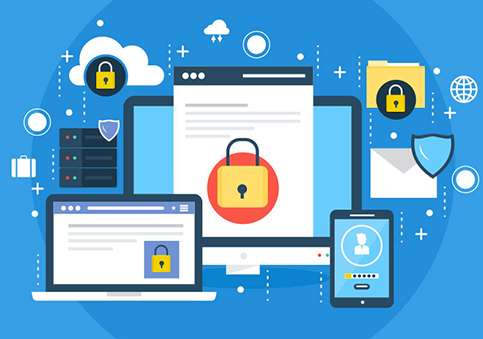In today’s world, businesses rely heavily on technology to run efficiently. One of the biggest challenges companies face is keeping their devices secure. Whether it’s computers, tablets, or smartphones, all these devices can be vulnerable without proper care.
So, what is device management and why is it so important? In simple terms, device management involves overseeing and protecting all the devices used within a company. Good management ensures that the data is secure, employees can work effectively, and business operations run smoothly.
Why Device Management Matters
Having a solid device management strategy is crucial for various reasons. First, it protects sensitive data from hackers who might want to steal information such as customer details, financial records, or intellectual property. A single data breach can significantly damage a company’s reputation and lead to financial losses.
Secondly, device management helps maintain operational efficiency. When devices are properly maintained and updated, employees can work without interruptions. This means fewer technical issues and more productivity.
Key Strategies for Effective Device Management
Now that we understand why device management is important, let’s take a closer look at some essential strategies to implement in any business.
- Regular Software Updates
Keeping all devices up to date is one of the simplest ways to enhance security. Software manufacturers frequently release updates that fix vulnerabilities and improve functionality. Make it a standard practice to install these updates as soon as they become available.
- Strong Password Policies
Using strong passwords is essential for safeguarding devices. Encourage employees to create complex passwords and change them regularly. A strong password typically includes a mix of letters, numbers, and symbols.
- Employee Training
Educating employees about best practices in device management can have a significant impact. Workshops or training sessions can help staff spot suspicious emails or harmful websites. This knowledge is key to protecting the company’s data.
- Monitoring Device Usage
Keeping an eye on how devices are being used is crucial. Implementing tracking software can help monitor device performance and security risks. If any unusual activities are detected, businesses can respond quickly to potential problems.
Integrating Charging Solutions for Offices
Effective device management includes considering the physical aspects of device maintenance as well. One often-overlooked area is the proper charging solutions for offices.
Ensuring that devices are charged correctly not only extends their lifespan but also prevents potential technical issues. Utilize charging stations that securely hold devices while they charge.
Implement a Clear Incident Response Plan
Despite all preventive measures, incidents can still happen. Having an incident response plan in place can help businesses act swiftly if a security breach occurs. This plan should outline the steps to take, who to notify, and how to contain the situation. Regularly reviewing and updating this plan ensures it remains effective.
Device Management Software
Using dedicated device management software can simplify many of these strategies. This software allows businesses to oversee all their devices from a central location. Most importantly, these tools help ensure compliance with security protocols.
Staying Safe in the Digital Age
In conclusion, adopting a robust device management strategy is vital for any business seeking secure operations. By implementing regular software updates, strong password policies, employee training, and monitoring device usage, companies can keep their data safe. Moreover, don’t forget the significance of charging solutions for offices to ensure devices are always operational. By being proactive about device management, businesses can boost productivity and enhance overall security.
Start implementing these strategies today to create a safer environment for everyone at your company!

